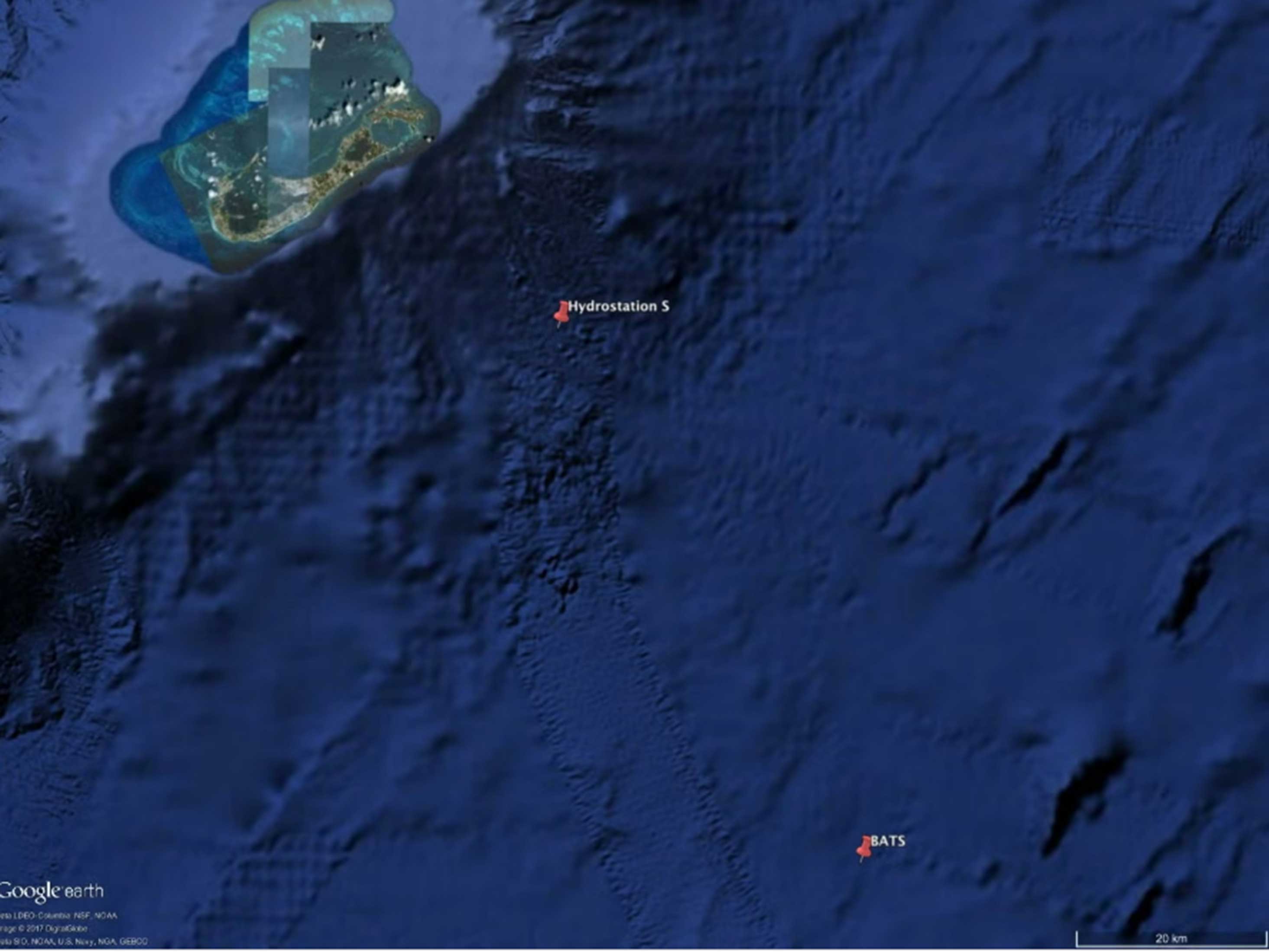
Temperature and Ocean Acidity Changes: A Study Reveals Plankton Adaptations
A new study published in the scientific journal Progress in Oceanography, with contributions from Matteo Loschi and Simone Libralato of OGS, together with Stazione Zoologica Anton Dorhn, Università di Roma "Tor Vergata" and Bigelow Laboratory of Ocean Science has analyzed the long-term effects of ocean acidification and warming on plankton, highlighting intriguing adaptive dynamics.
Plankton, the foundation of all marine food chains, plays a crucial role in the carbon cycle and the proper functioning of various ecosystems. The research team examined data from the Bermuda Atlantic Time-series Study (BATS) database, covering the period from 1994 to 2019. They found that in the last decade, increased ocean stratification has led to a decrease in plankton productivity and a reduction in net primary production, as well as the vertical exchange of nutrients in several oceanic regions.
Despite these challenges, the overall flow of matter within the trophic network has remained relatively stable, thanks to adaptive mechanisms and internal balances within the food chain.
In particular, there has been a decrease in the herbivorous zooplankton’s reliance on phytoplankton and a corresponding increase in detritivorous and carnivorous feeding habits. This shift is a sign of significant trophic plasticity. Additionally, plankton ecosystems demonstrate remarkable trophic redundancy (the ability of different species to perform similar functions and compensate for potential disruptions in the food web) and constant changes in the distribution of energy and nutrients within the food system.
These findings have important implications for the future of marine ecosystems, especially in subtropical areas, which cover about 40% of the Earth's surface and are particularly affected by ocean warming.
However, despite plankton's significant adaptability, the authors of the article caution that if marine water temperatures continue to rise, the adjustment mechanisms described so far may no longer suffice. This could have dangerous consequences for marine biodiversity, the carbon cycle, and fisheries.
